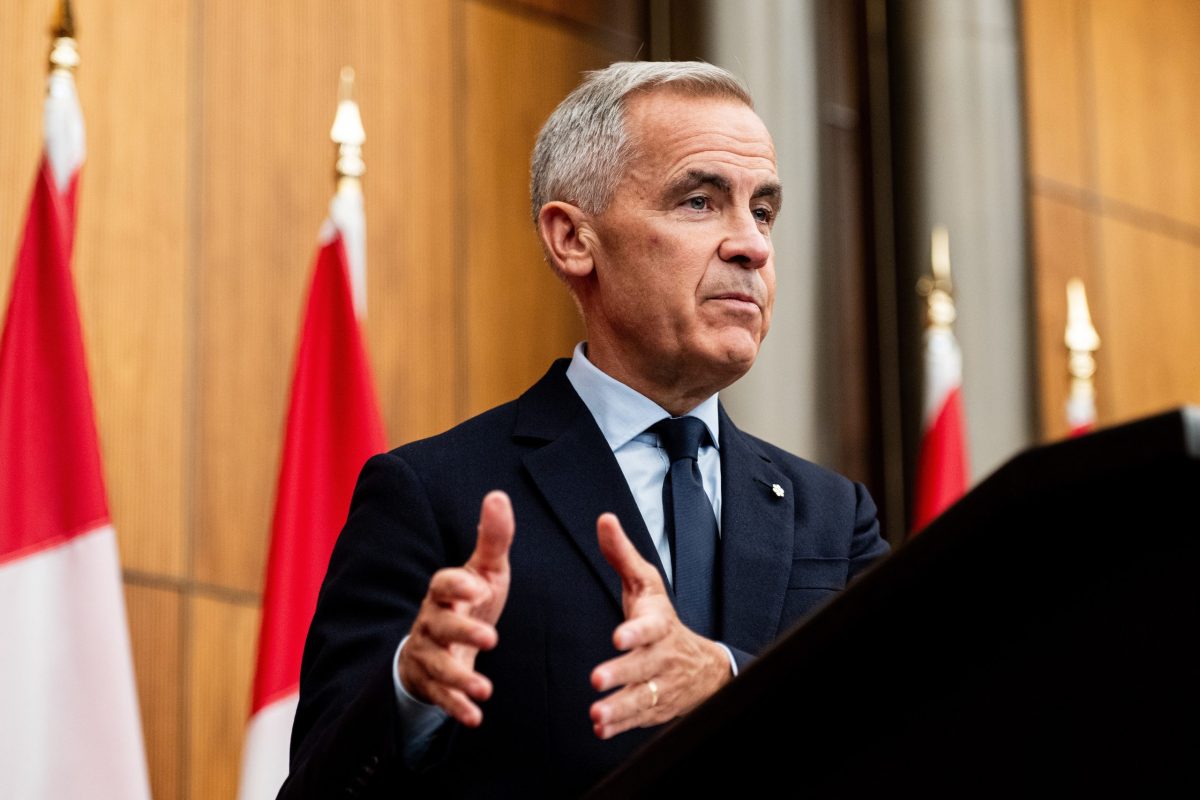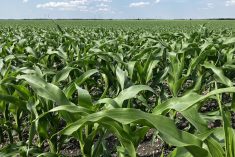New Democrat Alex Atamanenko has decided to step aside after eight years on the House of Commons agriculture committee.
The British Columbia MP announced last fall that he wouldn’t run in the next federal election. Consequently, it was time for fresh NDP faces on the ag committee, he said.
“In 2015 I will be 70 years old, so that’s time to get out to pasture,” he said.
“It’s been eight years and time to move on and do other things.”
Randall Garrison, another BC MP, has assumed Atamanenko’s spot on the ag committee.
Read Also

Canada lifts several import tariffs on U.S. goods as talks continue
Starting September 1, Canada will adjust its tariffs on agricultural products, consumer goods and machinery, Prime Minister Mark Carney announced at a press conference in Ottawa on Friday.
Atamanenko has focused much of his energy on two agricultural issues since 2006: genetically modified food and Canadian food security.
He introduced a private member’s bill requiring regulators to consider the potential harm to export markets when they evaluate new GM varieties, which was defeated in February 2011.
However, Atamanenko said he was encouraged by the discussion around the proposed legislation.
“I think the debate has just started,” he said at the time.
Lucy Sharratt, Canadian Biotechnology Action Network coordinator, said Atamanenko and his bill shone a light on GMO concerns.
“It spurred a very important conversation about the contamination incident around GM flax and how that was relevant to the question of GM alfalfa,” she said.
“The bill itself raised the question of the need to assess export market harm … and that question is still very relevant.”
In the late 2000s, Atamanenko led a Food For Thought tour to engage Canadians on food sovereignty and food security.
He led discussions at community forums across the country on the merits of a local, smaller scale food production and distribution system rather than large scale, high input farming,
“I still am very concerned about food sovereignty, the ability to control our food supply,” he said.
“It’s more timely now, more than ever, as we see what’s happening in California with the drought…. Our imports may be limited…. As a country, we need to be as self-sufficient as possible.”
Atamanenko wrote a report following the tour that highlighted the need to label food based on origin. It also said imported food should satisfy Canadian environmental and health standards and governments should encourage local food production.
He hopes the report and his other work will have an impact on NDP policies.
“I’m trying to influence my party to adopt a good, solid policy on GMOs,” he said.
“I believe I’ve been able to provide some advice on the whole area of food sovereignty and a national food policy. I know the party is working on that.”
Atamanenko continues to push Bill C-571, which would prohibit the vast majority of Canadian horses from being sent to slaughter.
Although House of Commons committees can be political and petty, Atamanenko said the ag committee was relatively congenial, particularly during the minority Parliaments of the 2000s.
“In many of the committees, there was a lot of partisan stuff flying around…. We seemed to work more smoothly, more co-operatively. It was actually a more exciting time in a minority Parliament … to bring issues forward,” he said.
“In spite of our obvious political differences … there were issues we all felt passionately about and agreed on.”

















